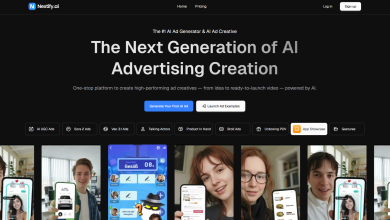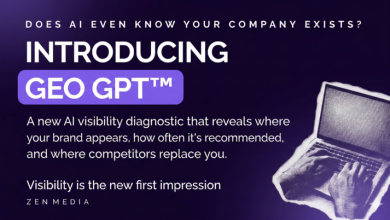
AI has evolved from a future-facing concept to everyday reality. From transforming the way companies operate, analyze and make decisions to improving operational efficiency and unlocking deeper consumer insights and market shifts, the possibilities of AI are ever-expanding. But, as more organizations turn to AI to drive business value, one core reality remains: AI is only as strong as the data behind it.
In the insights industry – where accuracy, confidentiality, and trust are foundational – safeguarding data isn’t simply a matter of meeting technical requirements; it’s a business-critical responsibility. As AI becomes more integrated into business decision-making, its effectiveness depends on the quality, security, and integrity of the data that powers it. Organizations that view compliance not as just another box to check, but as a strategic advantage, will be better positioned to build lasting client trust and stay on top of evolving industry trends and expectations.
Strong data stewardship in this environment calls for clear leadership, transparency, and accountability. Security measures shouldn’t just be treated as safeguards, but as business-critical assets that strengthen competitive positioning. Without that foundation of trust, even the most sophisticated AI tools will struggle to produce results companies can rely on.
Data Security isn’t just a Checkbox
Security and compliance are too often seen as regulatory hurdles rather than strategic initiatives. But in today’s AI-powered world, frameworks like ISO 27001 and SOC 2 Type II are far more than formalities; they’re meaningful differentiators that show clients their data is being handled with unparalleled diligence and safeguarding. In a sector where access to sensitive research, proprietary intelligence, and competitive insights are core to our work, the stakes for data security are high. A single data breach doesn’t just compromise information; it can severely impact client relationships that took years to build. That’s why compliance isn’t just about minimizing risk; it’s about actively reinforcing a reputation for reliability and trust – the kind that attracts and retains clients in an increasingly competitive market.
Evolving Standards Require Proactive Leadership
The pace of AI development, particularly in generative AI applications, continues to accelerate. What’s not feasible today may be standard practice in a matter of months. While this brings tremendous potential for innovation, it also raises the bar for responsible implementation. Business leaders cannot afford to be reactive; they need to guide this evolution with clear intent.
This responsibility starts at the top. Business and industry leaders must champion best practices, invest in robust and forward-looking security infrastructure, and foster a culture of data stewardship that extends beyond an organization’s walls to elevate standards across the industry.
At the core of responsible AI is responsible data handling – how data is collected, stored and applied. That means setting clear internal policies for their data and ensuring that the AI systems in use, whether built in-house or sourced from third parties, operate high-quality, ethically sourced, and securely managed datasets. This level of diligence doesn’t just reduce risk; it strengthens the quality of insights, deepens client trust, and helps establish more rigorous standards for the industry as a whole.
Turning Data Security into a Competitive Advantage
Data breaches have become a frequent occurrence. In 2024 alone, the United States reported more than 3,158 data compromises, impacting over 1.35 billion individuals. Companies that take a proactive, strategic approach to data security aren’t just minimizing risk – they’re setting themselves apart.
For the insights industry, the implications are exceptionally vital. As organizations increasingly depend on AI to process large volumes of sensitive research and turn it into actionable intelligence, data security shifts from an IT concern to a core business differentiator. Companies that can offer clients an unwavering promise that their data standards not only meet but exceed expectations — and that their data is fully protected — gain a competitive edge, especially with clients who understand the value of their data and expect their partners to treat it with the same level of care.
Putting Responsible AI into Practice
Responsible AI isn’t the result of a single policy or initiative; it requires a coordinated strategy, starting with leadership alignment. When executives treat data protection as a core business value, not a compliance formality, it sets the tone across the organization. This means embedding rigorous, regularly updated frameworks like SOC 2 Type II into day-to-day operations so that compliance becomes second nature rather than a periodic checkpoint.
Every employee, regardless of role, should be trained on security protocols, with ongoing monitoring and audits in place to surface and resolve issues early. Just as importantly, transparency must be built into client relationships. Clients should always know how their data is being collected, protected, and applied – especially when AI is involved.
Responsible AI and data security are not just hurdles to clear. They’re foundational to building long-term business success. By prioritizing these principles every day, you’re not only protecting what matters, you’re earning trust, future-proofing your business, and raising the bar for the industry.




